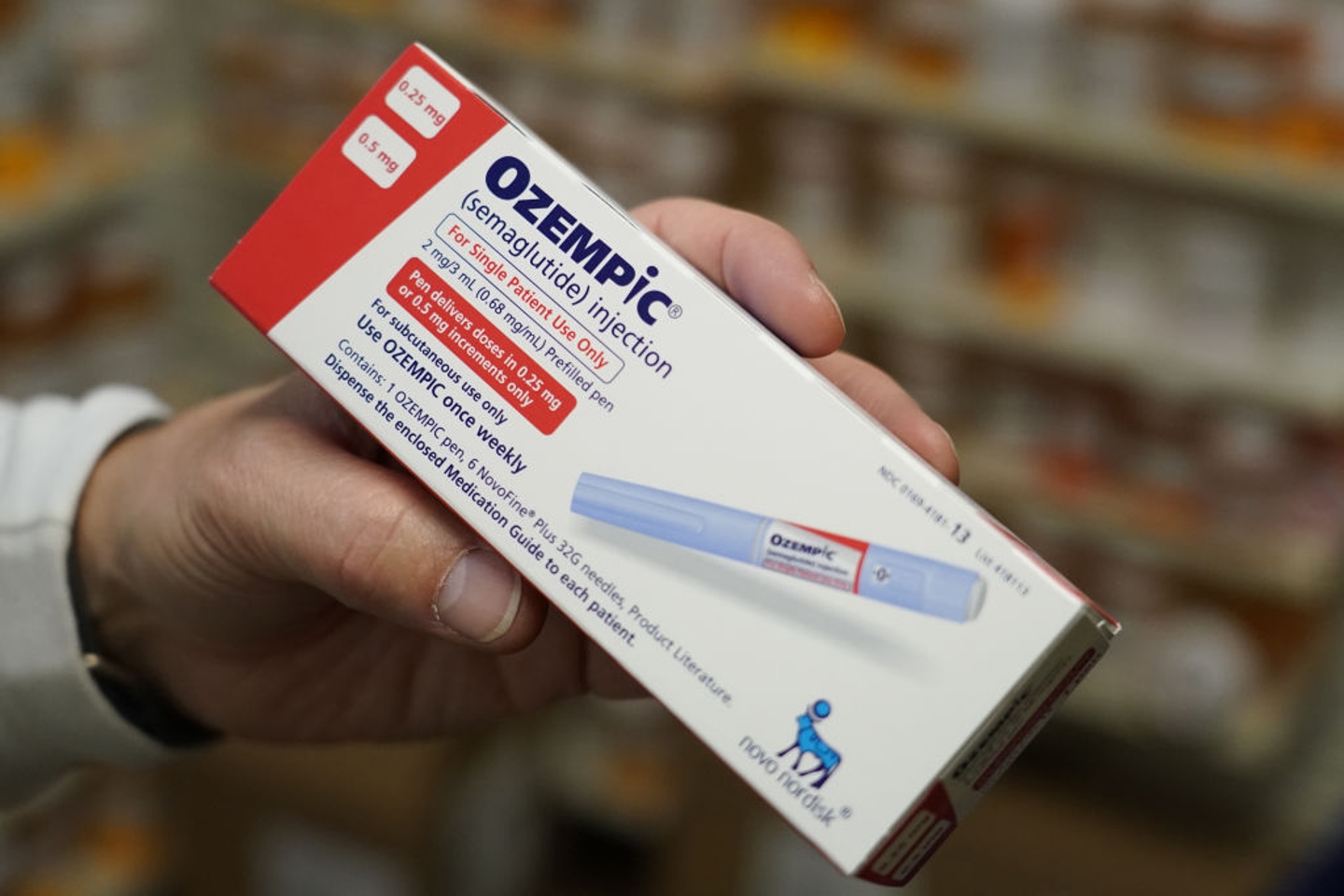Ozempic falls under the GLP-1 group of medications. It’s designed for adults with type 2 diabetes and helps lower blood sugar levels when paired with healthy eating and physical activity.
But aside from its medical purpose, Ozempic has become a go-to for many people who are trying to lose weight. According to the official site for the drug:
“Ozempic is a medicine for adults with type 2 diabetes that, along with diet and exercise, may improve blood sugar. While not for weight loss, Ozempic may help you lose some weight.”
One Reddit post on the r/Ozempic forum stood out when a user shared that the drug seemed to be affecting their sex drive. They wrote: “My sex drive is completely gone.”
In another discussion thread, someone asked if anyone else had noticed changes in their libido. A woman replied honestly: “Mine has left the building. I miss it!”

Another Reddit user kicked off a separate discussion by asking: “I have been on Ozempic for about 3-4 months and I feel like my sex drive has disappeared. Anyone else found this?,”
However, not all stories are the same. Some Ozempic users have said the medication actually boosted their desire. One woman wrote: “Mines definitely improved, my hubby loves it. Lol. I went years without any desire at all.”
Dr. James Simon, a reproductive endocrinologist and OBGYN who also teaches at George Washington University, spoke with The Wall Street Journal. He said that how these medications affect sex drive might be linked to biology.
He explained: “These drugs do work in the same places that pleasure and sexual interest are located in the human brain—male and female.”

When UNILAD reached out to Novo Nordisk—the company behind Ozempic—for a comment, they responded: “Patient safety is of the utmost importance to Novo Nordisk, and we recommend patients take these medications for their approved indications and under the supervision of a healthcare professional.”
“We continuously collect safety data on our marketed GLP-1 medicines and work closely with the authorities to ensure patient safety. As part of this work, we continue to monitor reports of adverse drug reactions through routine pharmacovigilance.”





